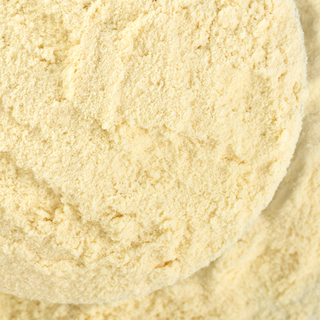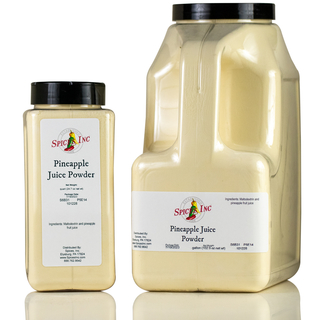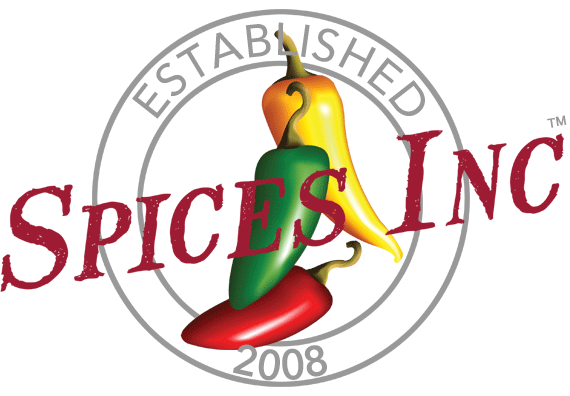Pineapple Juice Powder




Pineapple Juice Powder
Pineapple Juice Powder, Ananas comosus, comes from the juice of ripened pineapples. It is also called powdered pineapple or pineapple powder.
Fresh pineapple juice is concentrated and sprayed onto an inert maltodextrin base to dry. This creates a free-flowing powder that tastes just like pineapple, but has an extended shelf life and a wide variety of uses.
Pineapple Juice Powder is regularly purchased by breweries; seafood and bar and grill-style restaurants; sauce and dietary supplement manufacturers; seasoning companies; and independent spice shops.
Flavor Profile
Pineapple Juice Powder tastes sweet and fruity, like freshly-squeezed pineapple juice.
How To Use
This product is only available in bulk sizes, and can be used on its own or mixed into a custom blend. Manufacturers will find it easy to mix into marinades, custom seasoning blends, or barbecue rubs. It goes well in savory glazes, summer soups, salsa, salad dressings, or jerky and sausage. Dessert makers can mix it into sweet glazes, baked goods, ice cream, fruit tarts and other sweet products.
| Also Called | Powdered pineapple or pineapple powder |
| Species | Ananas comosus |
| Ingredients | Organic pineapple juice, organic maltodextrin |
| Flavor Profile | Fruity and sweet; tastes like pineapple juice |
| Recommended Uses | Custom seasoning blends, barbecue rubs, salsa, sauces, cold soup, glazes, baked goods, jerky, sausage |
| Cuisine | Asian, Caribbean, Indian, South American, American |
| How To Store | Airtight container in a cool, dark place |
| Shelf Life | 1-2 Years |
| Country of Origin | China |
Nutrition Facts
Serving Size1 tsp
Amount Per Serving
Calories3
% Daily Value*
Total Fat0g0%
Saturated Fat0g0%
Trans Fat0g
Polyunsaturated Fat0g
Monounsaturated Fat0g
Cholesterol0mg0%
Sodium0.0mg0%
Total Carbohydrate0.9g0%
Dietary Fiber0.0g0%
Total Sugars0.5g
Added Sugars0g0%
Sugar Alcohol0.0g
Protein0.0g0%
Vitamin D0mcg0%
Calcium1mg0%
Iron0mg0%
Potassium8mg0%
*The % Daily Value (DV) tells you how much a nutrient in a serving of food contributes to a daily diet. 2,000 calories a day is used for general nutrition advice. These values were calculated and therefore are approximate. For more accuracy, testing is advised.
